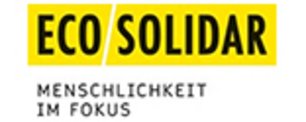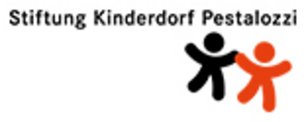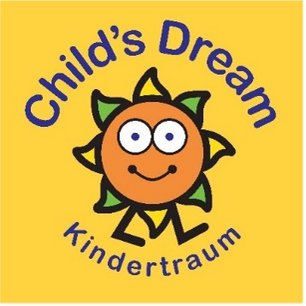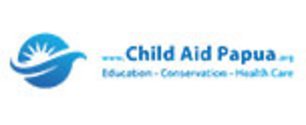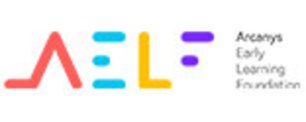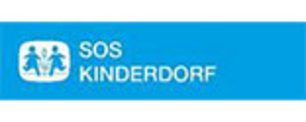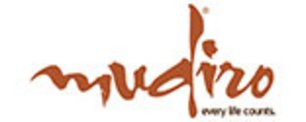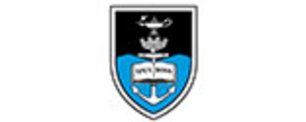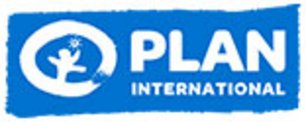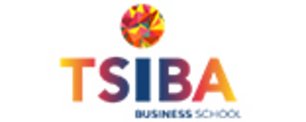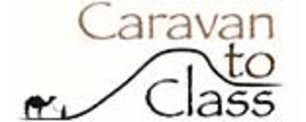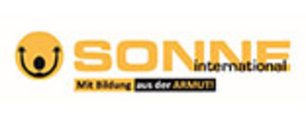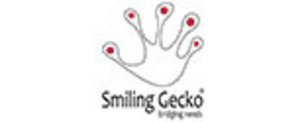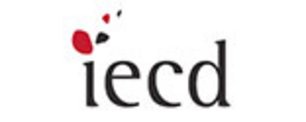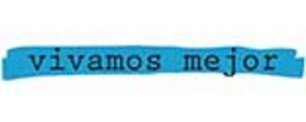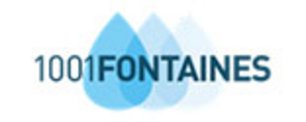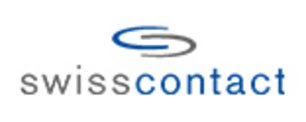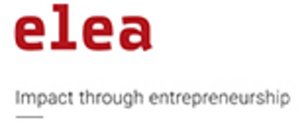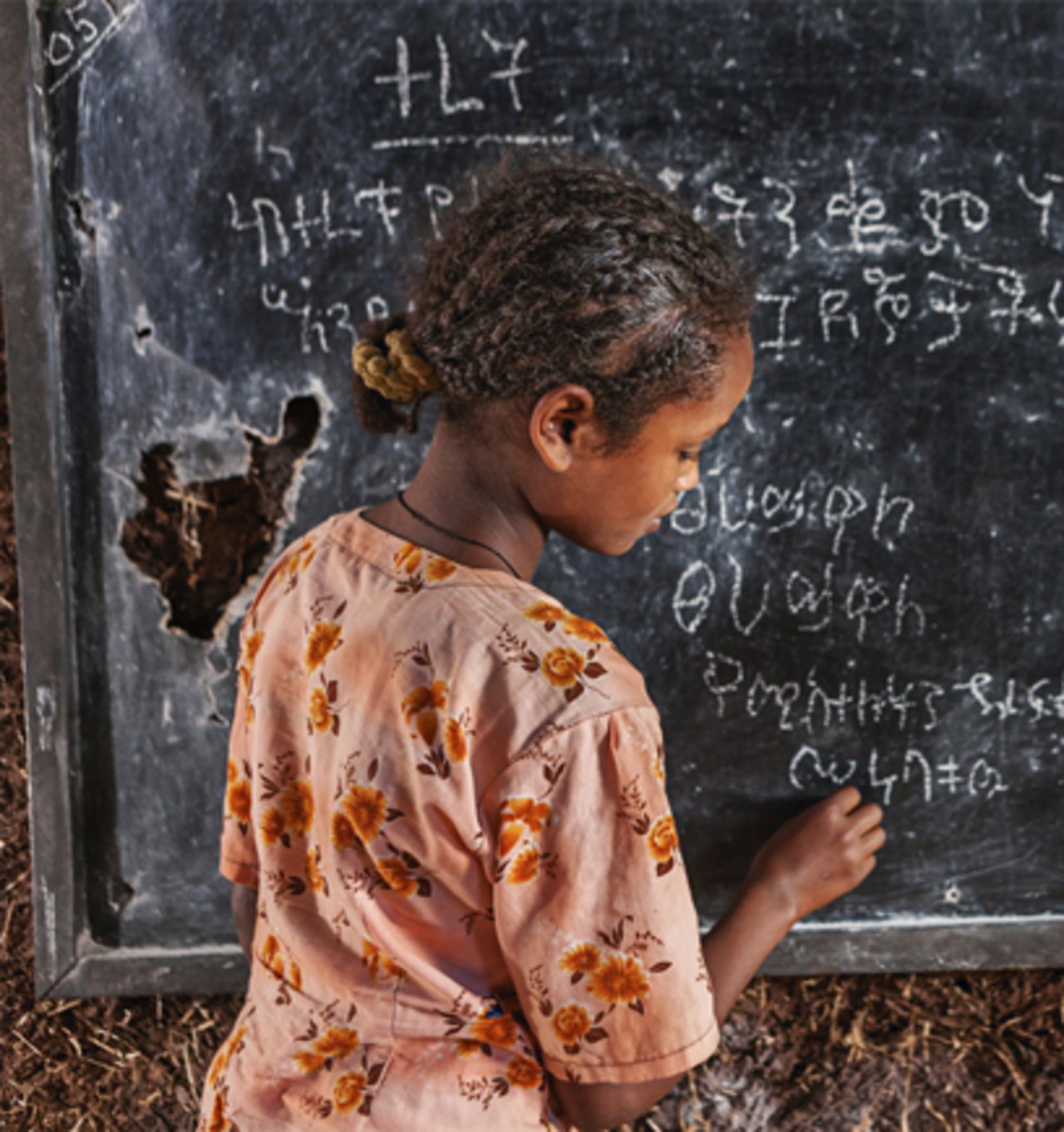
EcoSolidar, Basel
Although the school enrollment rate in Cambodia is relatively high, the numbers of successful school graduates are low, especially at the secondary level. There is a clear correlation between dropping out of school and poverty because children from poor families often must help earn money and thus neglect school attendance. With the support of EcoSolidar, the local partner organization BSDA has therefore set up and expanded a holistic education project aimed at these children over the past 15 years.
Within the framework of the current 4-year project, around 1,000 children and young people are cared for each year in Kampong Cham: children are prepared for school in kindergartens; with supervised scholarships to particularly poor families, the local partner organization ensures their children attend school and strengthens their self-confidence in dance and music courses; socially vulnerable young people are trained in vocational apprenticeships in gastronomy, mechanics and beauty care and can complete internships in two social enterprises (restaurant and resort).
Stiftung Right To Play, Zurich
Right To Play is a global organization that protects, educates, and empowers children to rise above adversity using the power of play. The “Play Forward” project aims to increase the integration of gender-responsive and inclusive play-based learning in teacher training and enhance the capacity of teachers to improve children’s literacy skills in Mozambique. Leveraging Right To Play’s expertise in play-based learning, the project seeks to contribute to improved educational outcomes, higher quality teaching and learning, and the creation of a more inclusive and engaging educational environment in Mozambique.
Stiftung Kinderdorf Pestalozzi, Trogen
The project "Improving the quality of education for ethnic minorities at primary schools in Laos" aims to improve the living conditions of girls and boys from ethnic minorities in Laos by strengthening the quality of education and teaching in the Et district of Huaphanh province in Laos. This provides them with sustainable support and encouragement in their development. This project provides teachers with training in teaching methods and raises their awareness of gender equality and children's rights. The project activities enable girls and boys from ethnic minorities in the affected communities to learn in safe and clean school environments and to be encouraged by their parents to attend school regularly, regardless of their gender. In the long term, this leads to more peaceful coexistence in the community.
Child’s Dream Association, Zurich
The project "Promotion of equal education after the covid 19 pandemic" enables to assist over 2500 children and 200 vulnerable families in Bharaptur, Nepal. Despite great progress, poverty is still widespread in Nepal. In addition, the country was hit hard by the corona pandemic. Many families lost their income during this time. Their children did not return to school after the end of the last lockdown because their parents could no longer afford the school materials or because the gaps in schooling had become too large. Child labour and early marriage of girls also increased again since the pandemic. The aim of the program is to ensure that all children in the program area have equal access to quality education. Furthermore, the schools should be able to respond to child protection cases as well as to future crises, such as earthquakes, riots, or pandemics.
Verein Child Aid Papua, Näfels
Child Aid Papua is a non-profit, public benefit organisation based in Switzerland, working exclusively in Raja Ampat, Indonesia.
The organisation is committed to providing quality education to children and adolescences living in the remote islands of West Papua to create better perspectives for their future. As a completely independent, but nationally accredited education institution, Child Aid Papua follows the official Indonesian curricula while, however, designing the programs in a way to increase environmental awareness with the goal to protect the breathtaking nature of Raja Ampat.
Arcanys Early Learning Foundation Inc., Philippines
An advocate of early education, the Arcanys Early Learning Foundation is dedicated to empowering parents to become their child’s first teacher. Since 2012, the foundation has been helping Filipino families in poor Cebu City districts by giving free parent-child math coaching to children from 3 to 5 years old and their parents. This program grants the children a brighter future in academics, as well as in their personal and professional lives.
Stiftung SOS-Kinderdorf, Bern
The project "Promotion of equal education after the covid 19 pandemic" enables to assist over 2500 children and 200 vulnerable families in Bharaptur, Nepal. Despite great progress, poverty is still widespread in Nepal. In addition, the country was hit hard by the corona pandemic. Many families lost their income during this time. Their children did not return to school after the end of the last lockdown because their parents could no longer afford the school materials or because the gaps in schooling had become too large. Child labour and early marriage of girls also increased again since the pandemic. The aim of the program is to ensure that all children in the program area have equal access to quality education. Furthermore, the schools should be able to respond to child protection cases as well as to future crises, such as earthquakes, riots, or pandemics.
Verein Mudiro, Bern
Mudiro has been operating in northern Namibia since 2014, along the Kavango River, on the border with Angola. About 200'000 Kavango live here, consisting of subgroups. The regional capital Rundu is the second largest city in Namibia with about 90'000 inhabitants, behind Windhoek with about 410`000 inhabitants.
There are economically and medically well-developed areas in Namibia, such as Windhoek or Swakopmund, and there is the precarious health situation in the north. The overall status for Namibia in terms of development projects shows an extremely uneven picture. The economy in Namibia is strained in other ways, which is why the Namibian Ministry of Health and Social Affairs cannot provide the financially necessary means to employ enough medical personnel (doctors as well as health professionals) or to promote their further education, especially in the rural region in the north. Mudiro aims to close this gap.
In Mudiro's approach, the local village population and the ministries are strongly involved. The focus is on helping people to help themselves. The key to effective and sustainable engagement is being welcoming on complementary levels.
University of Cape Town, Cape Town (South Africa)
Another project of University of Cape Town is the African Paediatric Fellowship Programme (APFP), which aims to transform Africa's capacity for child health care by reducing its gap in human resources for paediatric health.
The University of Cape Town (UCT) does so by training and providing ongoing support to a growing continent-wide network of highly skilled, strategically selected paediatric clinician-leaders who are able to optimize paediatric health systems, shape policy and build an evidence base for paediatric care in low-resource settings.
Long-term strategic collaborations with tertiary teaching hospitals and universities across Africa are at the center of UCT's approach. These partnerships ensure that UCT does not just boost individuals, but rather build paediatric departments and professional associations.
Plan International, Zurich
The Project "Ready, set, go. Building sustainable school readiness Lao PDR" focuses on under 5-year-old that are excluded from Pre-Primary Education in the Districts Houayxai and Tonpheung of Laos. The project aims to improve primary student learning outcomes and on-time primary enrolment through enabling children to participate in high quality Summer Pre-Primary courses with appropriate parental support in a COVID-19 and WASH (improving Water, Sanitation and Hygiene at schools) responsible manner and supporting the progressive institutionalization of the Summer Pre-Primary courses model within the national and provincial education system.
TSiBA Education, Cape Town (South Africa)
TSiBA is a private, not-for-profit business school which serves approximately 500 students at two campuses. The students are disadvantaged South Africans who, for academic and financial reasons, are otherwise unable to access tertiary education. The aim is to enable talented school leavers from poor backgrounds to climb above the social circumstances in which they were raised and to graduate entrepreneurial leaders. The Green Leaves Education Foundation supports TSiBA by granting scholarships and living allowances for the students.
Caravan to Class
Caravan to class improves education in general and literacy rates. They include school funding to support the operations of nine schools in rural villages around Timbuktu, paying for teachers’ salaries and providing both supplementary food and school supplies. The Bourse Jackie is a competitive university scholarship given to five female high school students from Timbuktu. For the selection process the top five scores from the exam receive the scholarship. The Bourse Jackie scholarship includes four years of university tuition including fees, books, room and board, transportation to university in Bamako, Mali and also a three-month intensive English program in nearby Accra, Ghana
SONNE-International, Austria
SONNE-International has been active in Bihar State, India, since2012. Bihar is the poorest state in India. Public and private schools do exist, but especially in rural regions, the parents are so poor that they are unable to pay the school fees and buy school uniforms and learning materials for their children. Without education, these children are usually condemned to a life of misery and squalor. With the support of the Green Leaves Education Foundation, SONNE-International is running a primary school in a remote village called Basadhi. In this village, SONNE-International provides free access to quality education for approximately 150 children(between 5 and 14 years old) who would otherwise have no possibility to go to a school. In order to improve the children’s general state of health, SONNE-International has started to install a system of mobile medical care for the students in this school. In order to combat sexual violence (which is deplorably widespread in India, particularly against women from lower castes), SONNE-International offers regular and free karate courses to the female students in this school.
Verein Smiling Gecko, Dübendorf
Smiling Gecko is a Swiss-Cambodian NGO with a sustainable, holistic approach that focuses on imparting knowledge to children and adults in rural Cambodia. The Smiling Gecko Campus, founded in 2014, is located approximately 60 kilometers northeast of the capital Phnom Penh in the Kampong Chhnang province. Around 30,000 people live in the immediate vicinity of the campus, most of whom are supported or sponsored by Smiling Gecko. The central element of the Smiling Gecko commitment is their school and the kindergarten, which opened only in 2017. The project started with around 140 children, and today almost 400 schoolchildren are part of it. Every year Smiling Gecko will take in 50 more until they have reached the maximum size of the school with 1,000 children. The students benefit from bilingual teaching from kindergarten onwards. In addition to their education, Smiling Gecko cares for them with a comprehensive nutrition, hygiene, and medical program. The solid foundation for a brighter future.
Consciente – Unterstützungsverein El Salvador, Berne
El Salvador is struggling with a severely deficient education system. Teachers are often insufficiently trained in subject matter and didactics and are overburdened with the large and heterogeneous classes. As a result, young people are often barely able to read, write or do math after completing elementary school. In the program for educational innovation, Consciente improves the quality of education in public schools with creative and science-based ideas. This includes providing school children with additional and effective learning environments. Further, the organization trains teachers professionally and didactically to achieve long-term development of teaching in public schools.
Institut Européen de Coopéeration et de Développment (IECD), France
SESAME, a program of Institut Européen de Coopéeration et de Développment (IECD), is recognized locally as a reference actor in the field of education in Madagascar and benefits from growing institutional appreciation. The goal of the current project is to support underprivileged, talented and motivated graduates in their higher education and their employment integration, in order to foster their active participation to local development. This means to promote access to higher education for youth with high potential from underprivileged backgrounds, to enforce students’ professional insertion in high-growth employment sectors as well as to scale up the benefits of the project at a national level for the Madagascan youth.
Vivamos Mejor, Zurich
During the civil war, many children and young adults and their families had to flee from rural areas to Colombia’s main city, Bogotà. There, the young people scratch a living for themselves and for their families by occasional jobs - an education or a secure job is out of their reach. This project supports children from marginalized families by offering them an officially recognized vocational education. After the completion of the programme, the participants are given a secure workplace with a guaranteed minimum wage and social benefits which helps them to gain a foothold in the working world.
Children from marginalized families are often badly neglected. The project aims to address the lack of cognitive, psychosocial and psychomotor skills among disadvantaged children. The intervention helps young children to be well prepared for the demands of school. Pre-school teachers receive state-approved and on-the-job training in age-appropriate childcare, and parents learn about children’s rights, nutrition, health, immunization and violence-free parenting methods.
1001 Fontaines Suisse, Geneva
1001 Fontaines was created in 2004 and aims to enable isolated populations to meet their drinking water needs by themselves through the creation of micro-enterprises. This initiative is specifically aimed at isolated rural communities who are often sidelined from drinking water infrastructure construction projects. Small drinking water production stations are set up in the villages and entrusted to micro-entrepreneurs in charge of producing the water and selling it less than 2 cents of franc per liter to families living below the poverty line. The goal of the project is to give access to drinking water in Cambodian schools and to give children in underprivileged social conditions the same chances as their peers in developed countries. They would like to provide children with a doorway to education so they can learn more about empowering themselves.
Swisscontact, Zurich
Swisscontact, established in 1959, promotes inclusive economic, social and ecological development in order to make an effective contribution towards sustainable and widespread prosperity in developing and emerging countries. The project "New Opportunities – Reintegration of returning migrants in El Salvador" contributes to the improvement of the living conditions of migrant returnees and internally displaced persons and their families in El Salvador. It promotes the reintegration of returnees and displaced migrants from an economic and social perspective. At the economic level, it addresses the main challenges for the search for employment and the development of sustainable enterprises. At the social level, the project is framed within a rights-based approach and incorporates a vision based on reestablishing the conditions of rootedness of both groups.
elea Foundation, Zurich
elea fights absolute poverty with entrepreneurial means. As an active philanthropic impact investor, elea supports impact entrepreneurs and their ventures in the post-startup and growth phase in combining long-term economic success with sustainable, measurable impact. To this end, elea provides its portfolio companies not only with capital, but also with business know-how, coaching, and access to the global elea network. As such, elea sees itself as a growing community of committed entrepreneurs and philanthropic investors.
